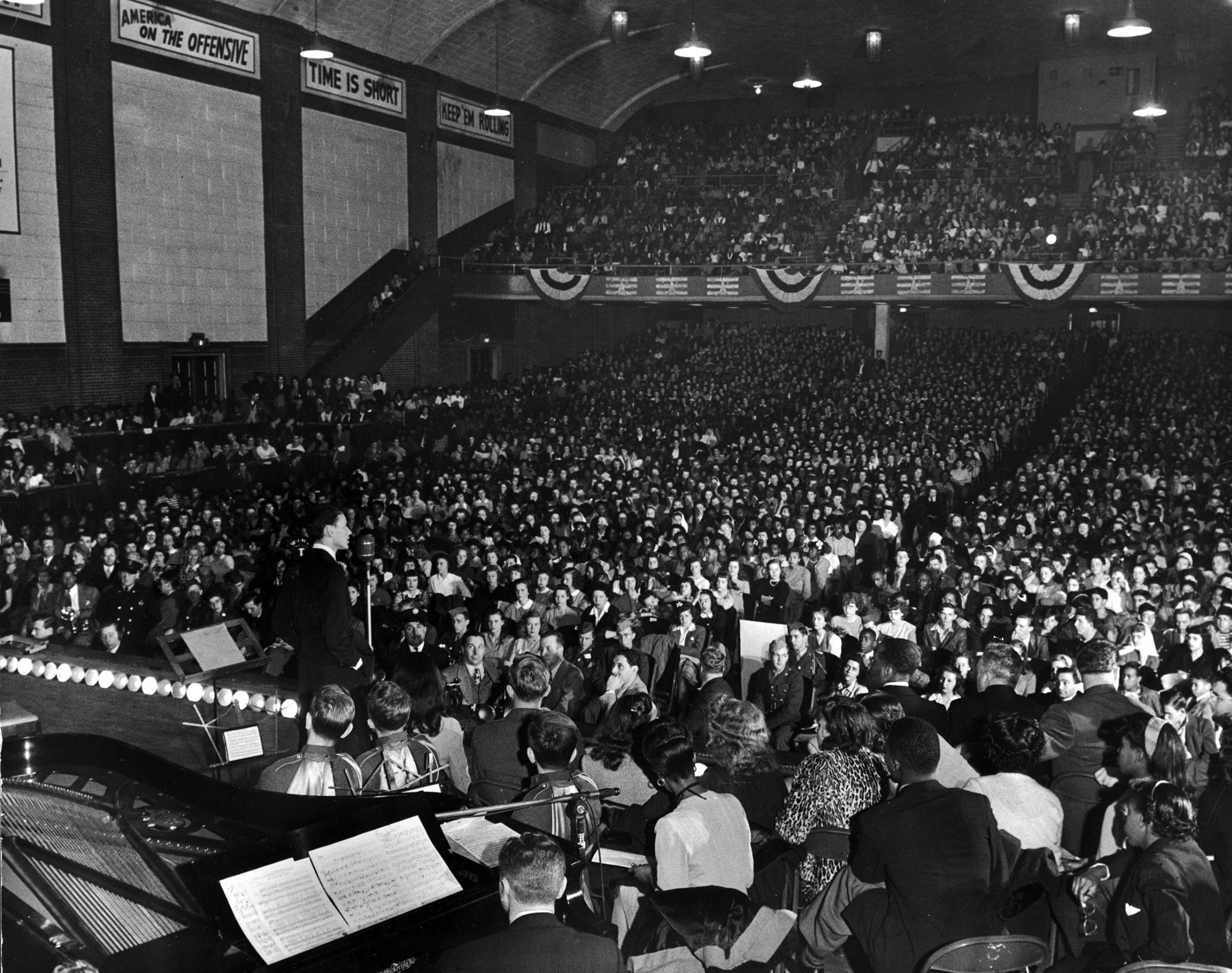
The new documentary Southern Rites, by filmmaker Gillian Laub (premiering May 18 on HBO), begins as a story about segregated proms in a small town in Georgia called Mt. Vernon. It sounds like something out of America’s distant past, something that would have been outlawed decades ago, but it’s not a historical look at a tradition long since abandoned. Instead, the film offers a contemporary examination of a community that integrated its high school prom just five years ago, in 2010.
Proms like the one in Southern Rites are the holdouts that slipped through the cracks of desegregation. And high school dances aren’t the only examples of events that white and black students have had to attend separately in supposedly integrated schools, if the black students were invited to do them at all.
The roots of these vestiges of segregation, of course, run deep—and one possible cause for their endurance, one suggested by Southern Rites, can be found in an anecdote from Gary, Ind., a decade before school segregation became illegal in 1954.
Gary in 1945 was a relatively diverse community, owing to job opportunities at the steel mill that served as the city’s economic engine. But at one local school, Froebel High School, efforts at desegregation were met with great resistance. When a new principal began integrating extracurricular activities like student government, the school orchestra and use of the swimming pool, a group of white students went on strike from their classes.
In an attempt to deescalate tensions, the school invited Frank Sinatra to offer a performance and words of wisdom—a decision that led LIFE, in November of 1945, to report on the strike and its aftermath.
To the casual observer, “The Voice” may not seem like the obvious voice for this particular occasion, but Sinatra was an advocate for civil rights. He insisted on having integrated backing orchestras and refused to play segregated clubs, though his record was later marred by a 1981 concert in Sun City, South Africa, despite an organized boycott to protest the country’s policy of apartheid.
When he visited Froebel High, Sinatra’s message on the matter was clear. But, though he received raucous applause for his performances, students met his speech with a tepid response. LIFE was quick to point out the source of the students’ resentment: “Goading on these childish grievances were parents who feared competition for their steel-mill jobs from Gary’s increasing Negro population.”
Sinatra seemed to understand well how the seeds of intolerance were planted, and his words echo in Southern Rites, in which pressure from parents contributes to students’ fear of disrupting the status quo. “No kid is by nature intolerant,” he told the packed auditorium. “It is one of the few forms of ignorance which has to be cultivated.” At Froebel, the strike continued. In Mt. Vernon, at least, the tides finally changed.
Southern Rites: The Heartbreaking Story of Justin Patterson's Death
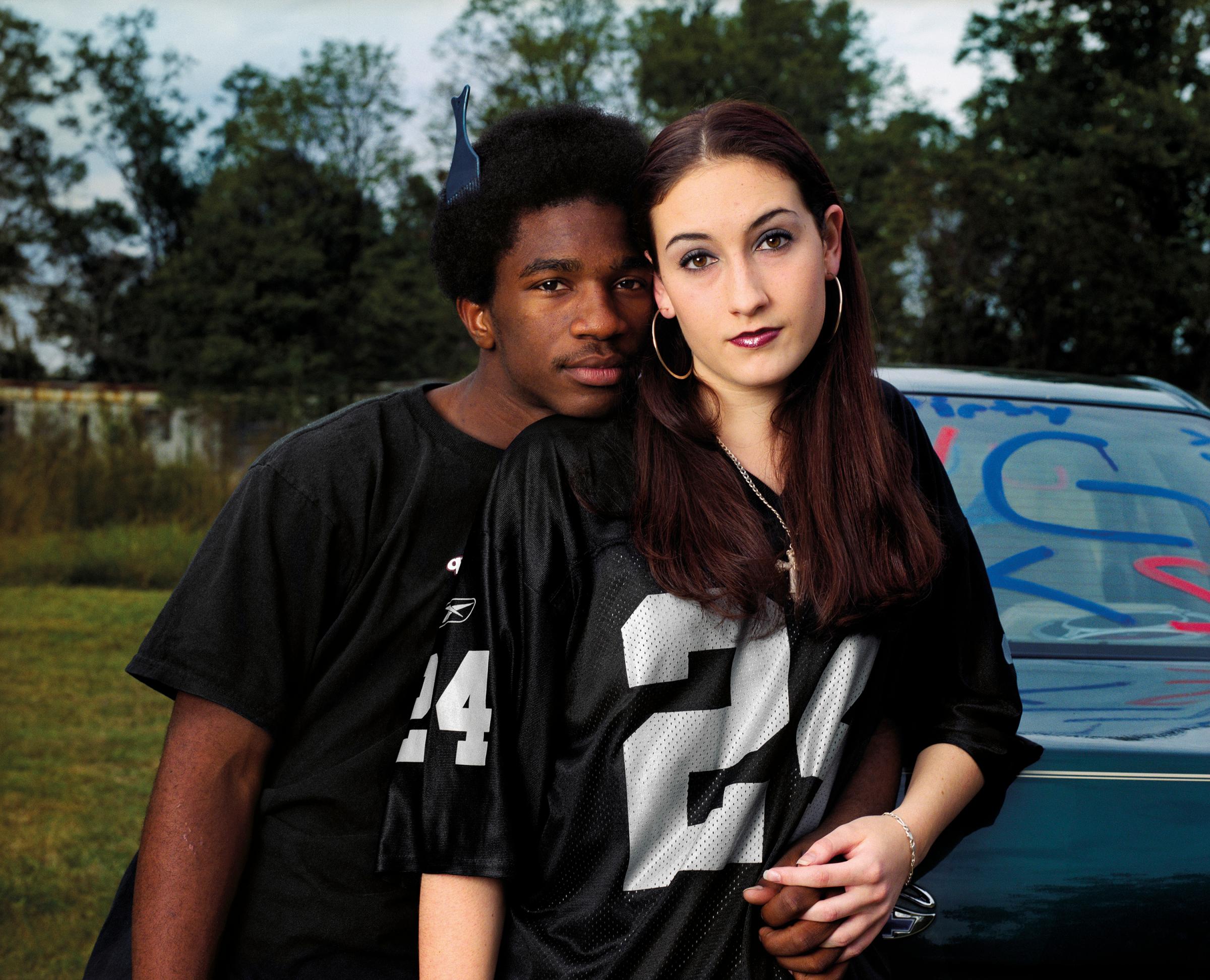
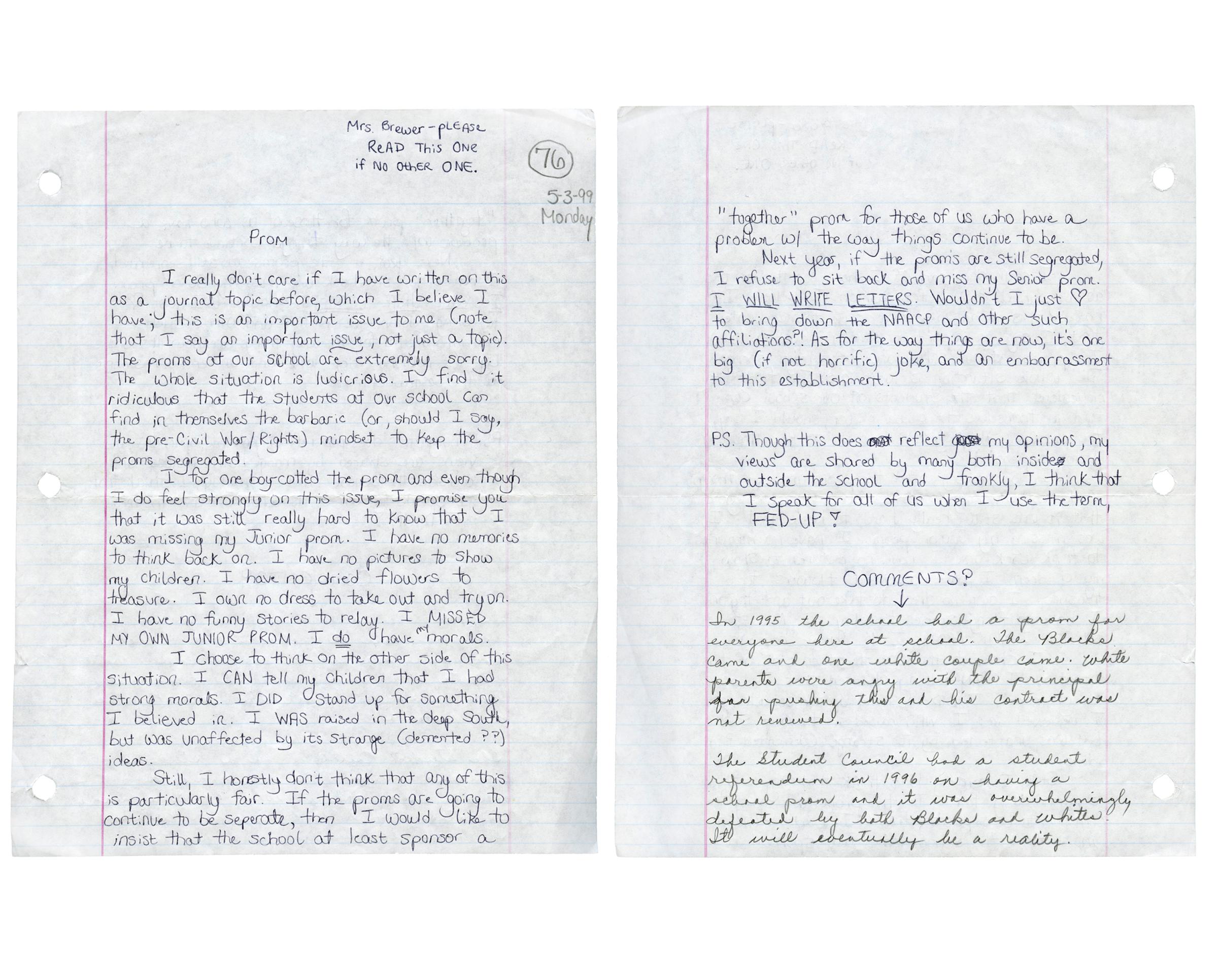
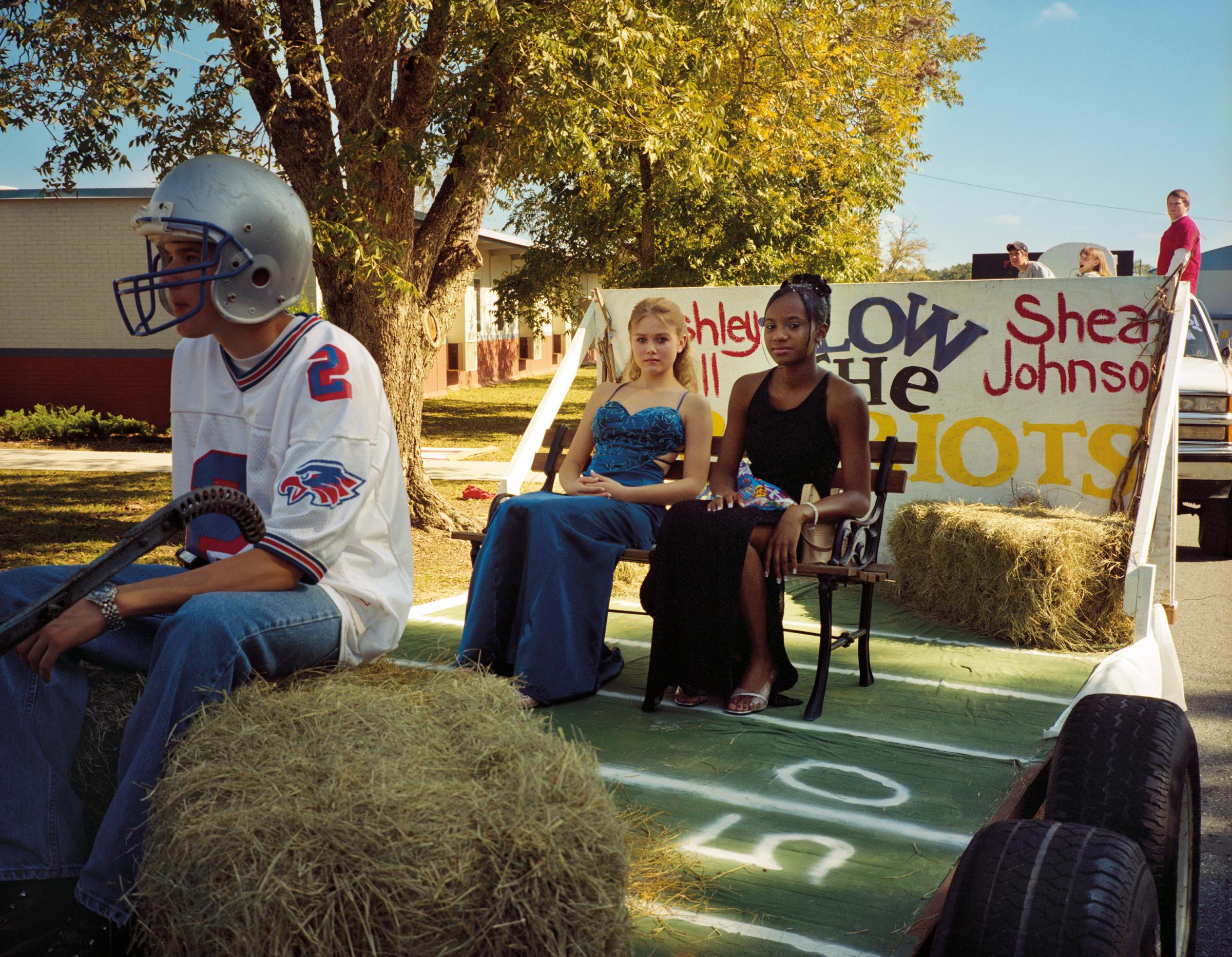
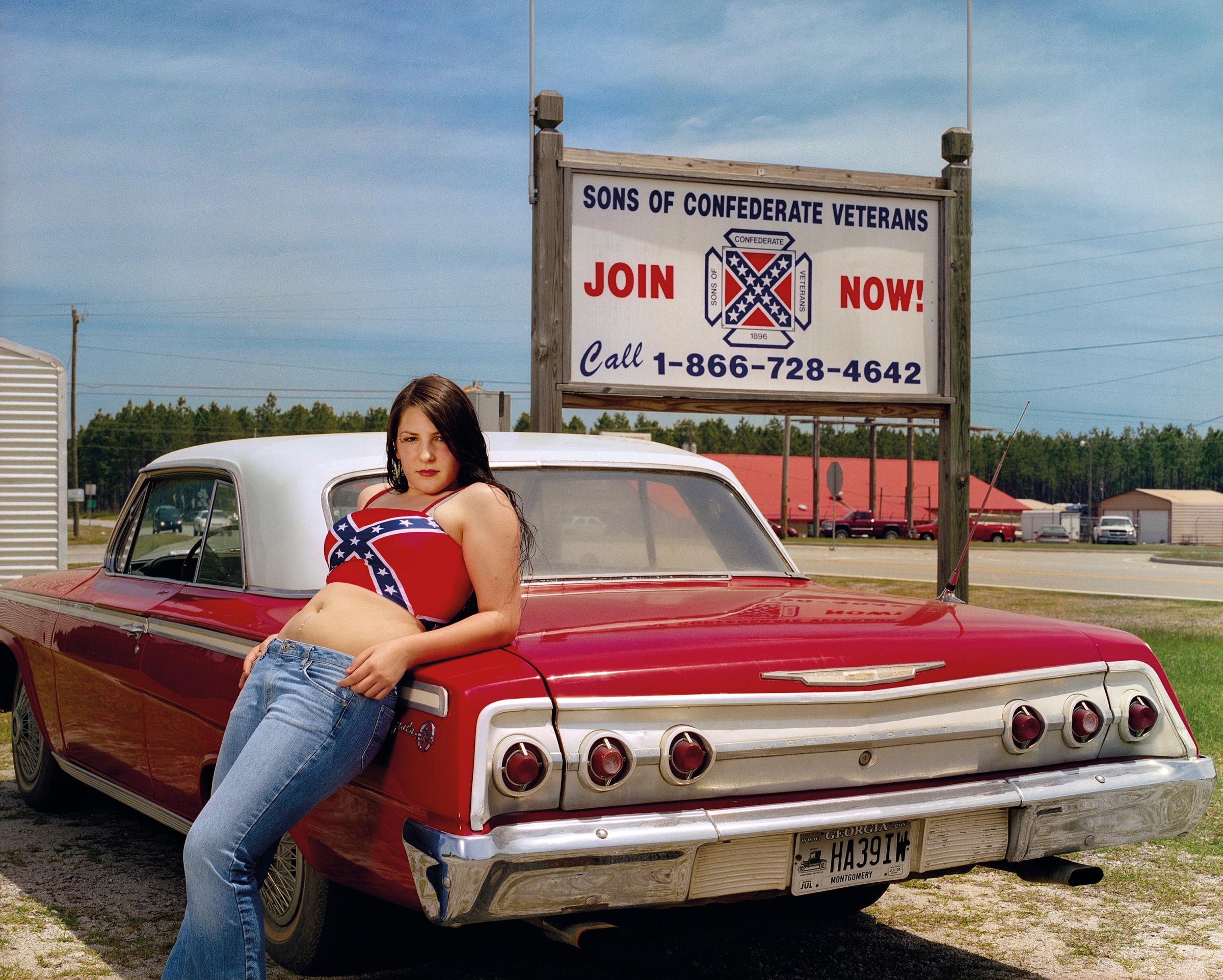
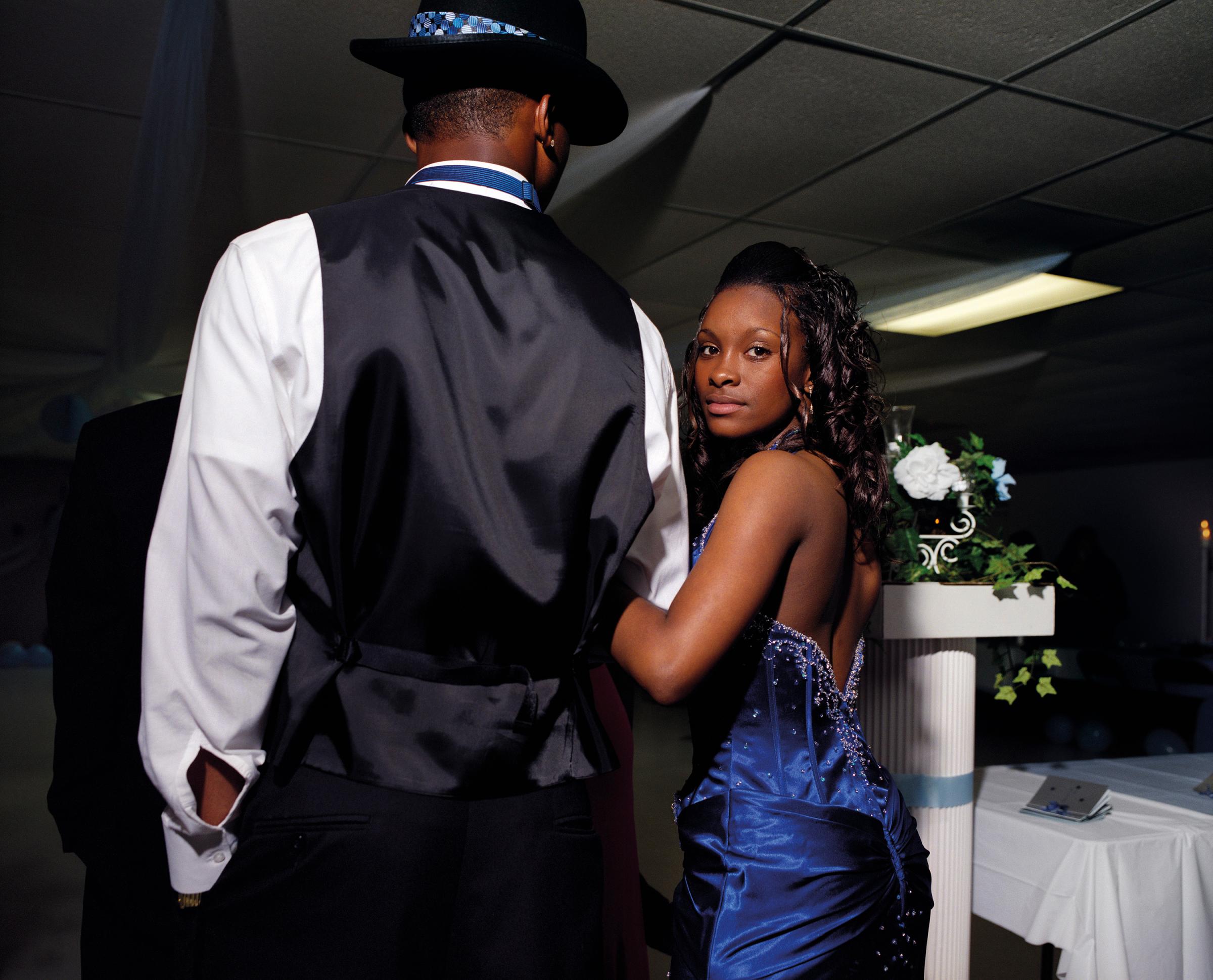
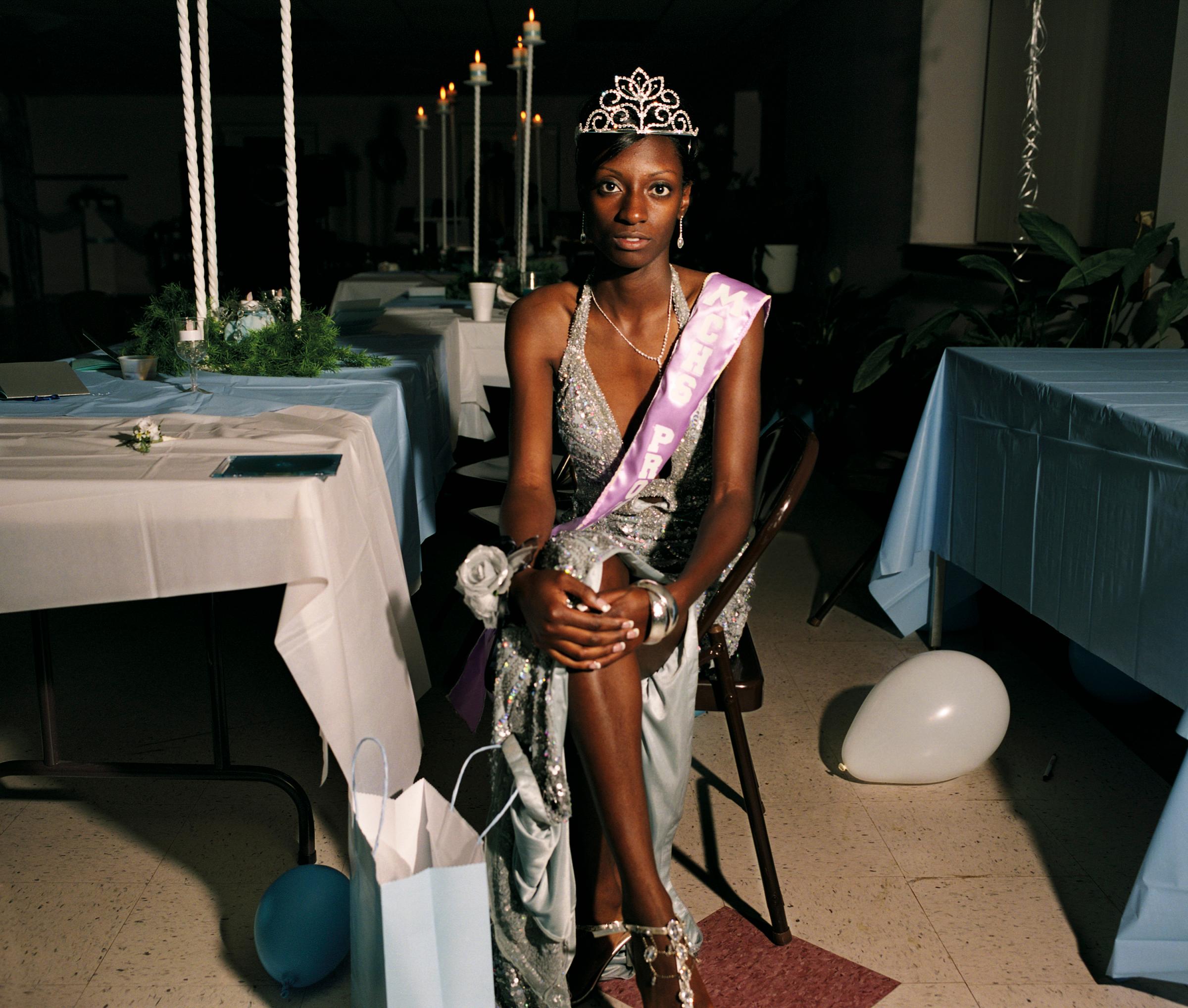

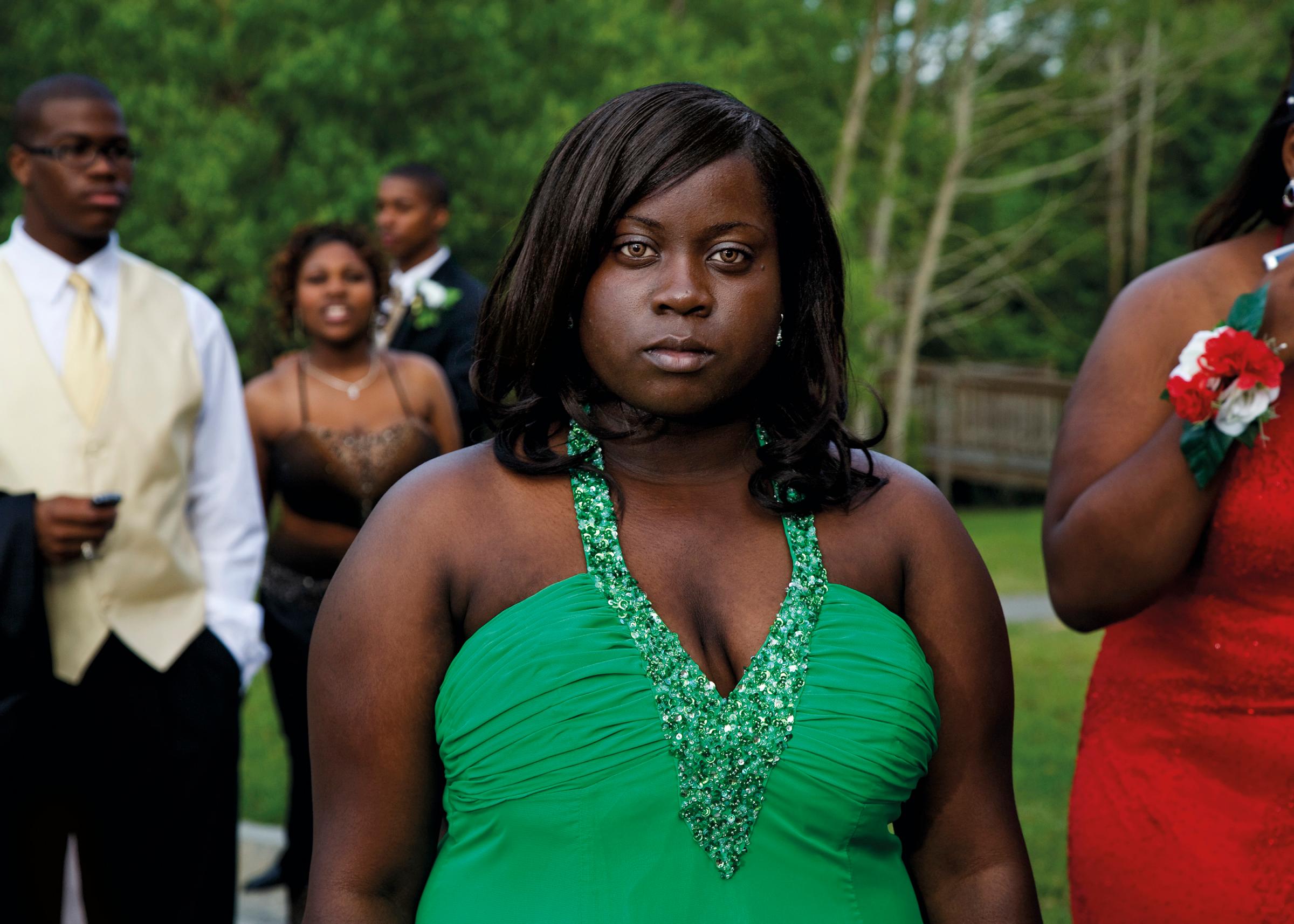
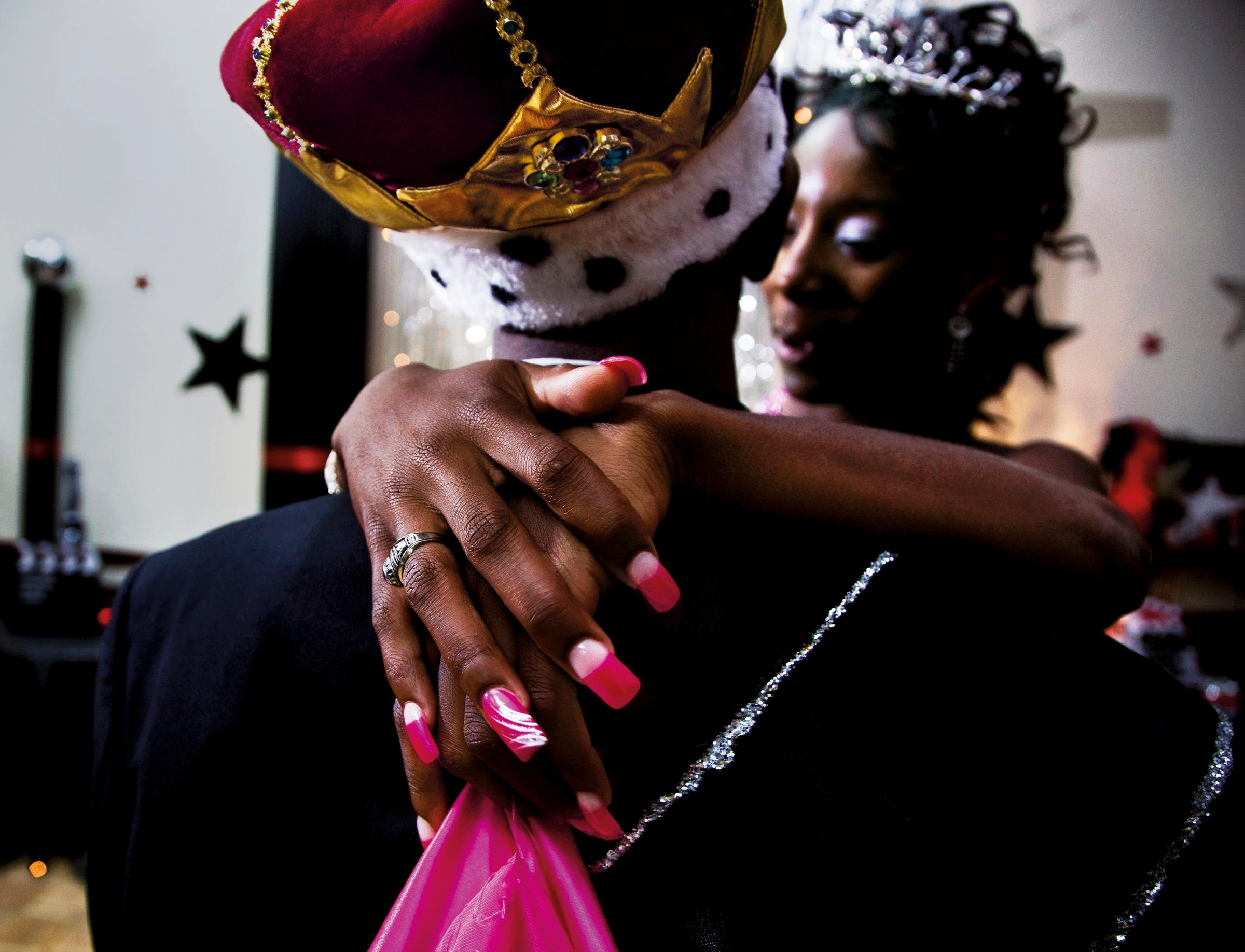
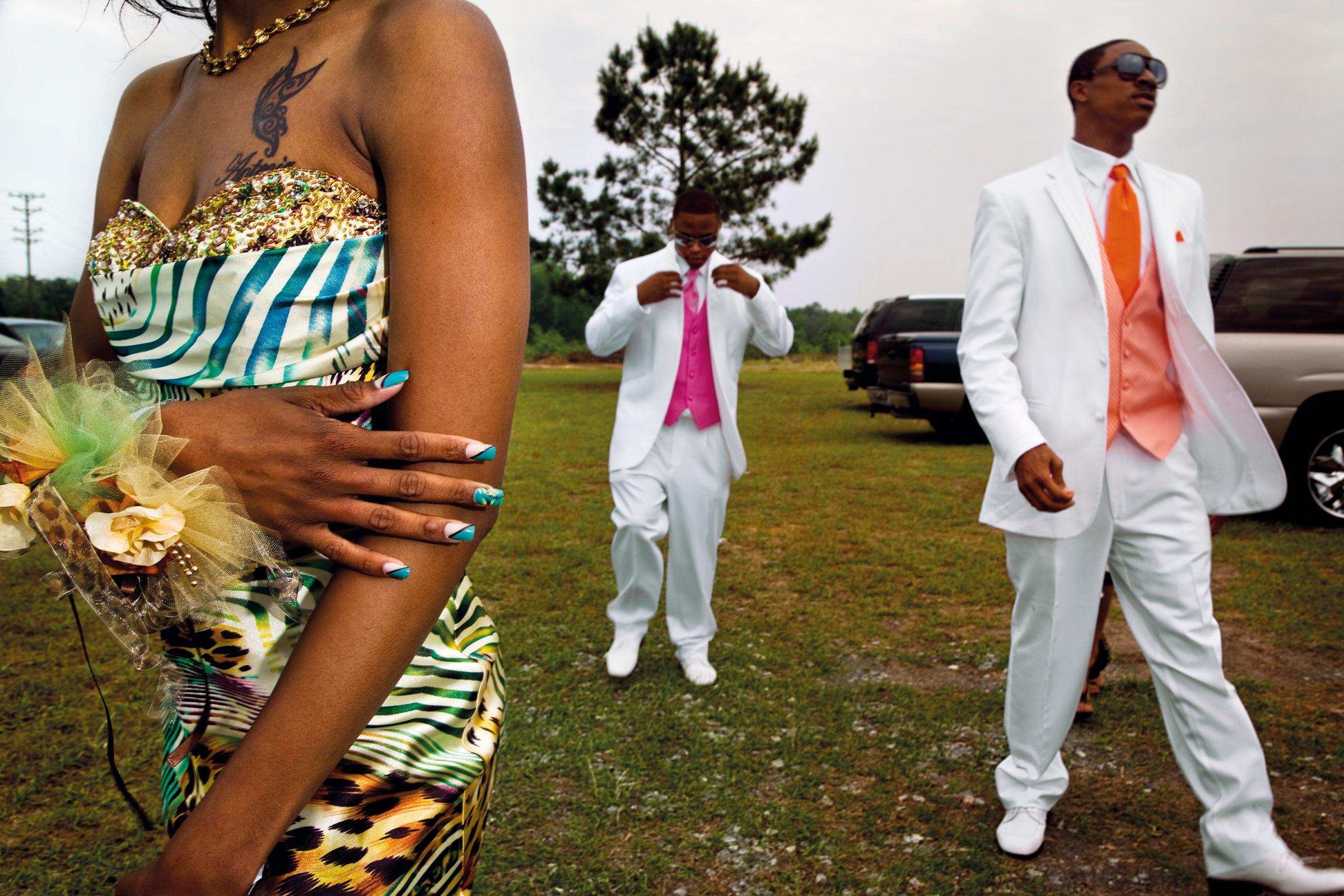
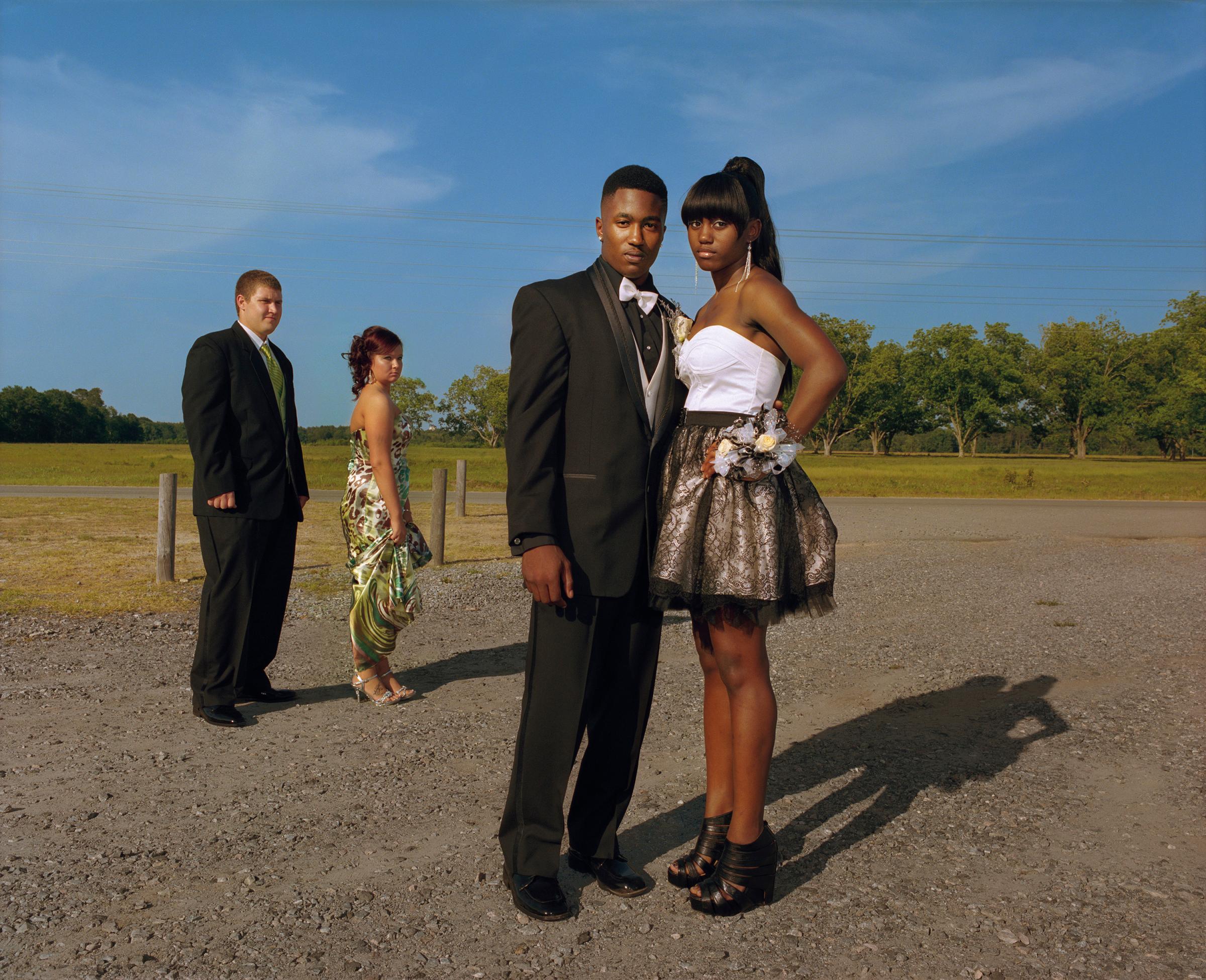
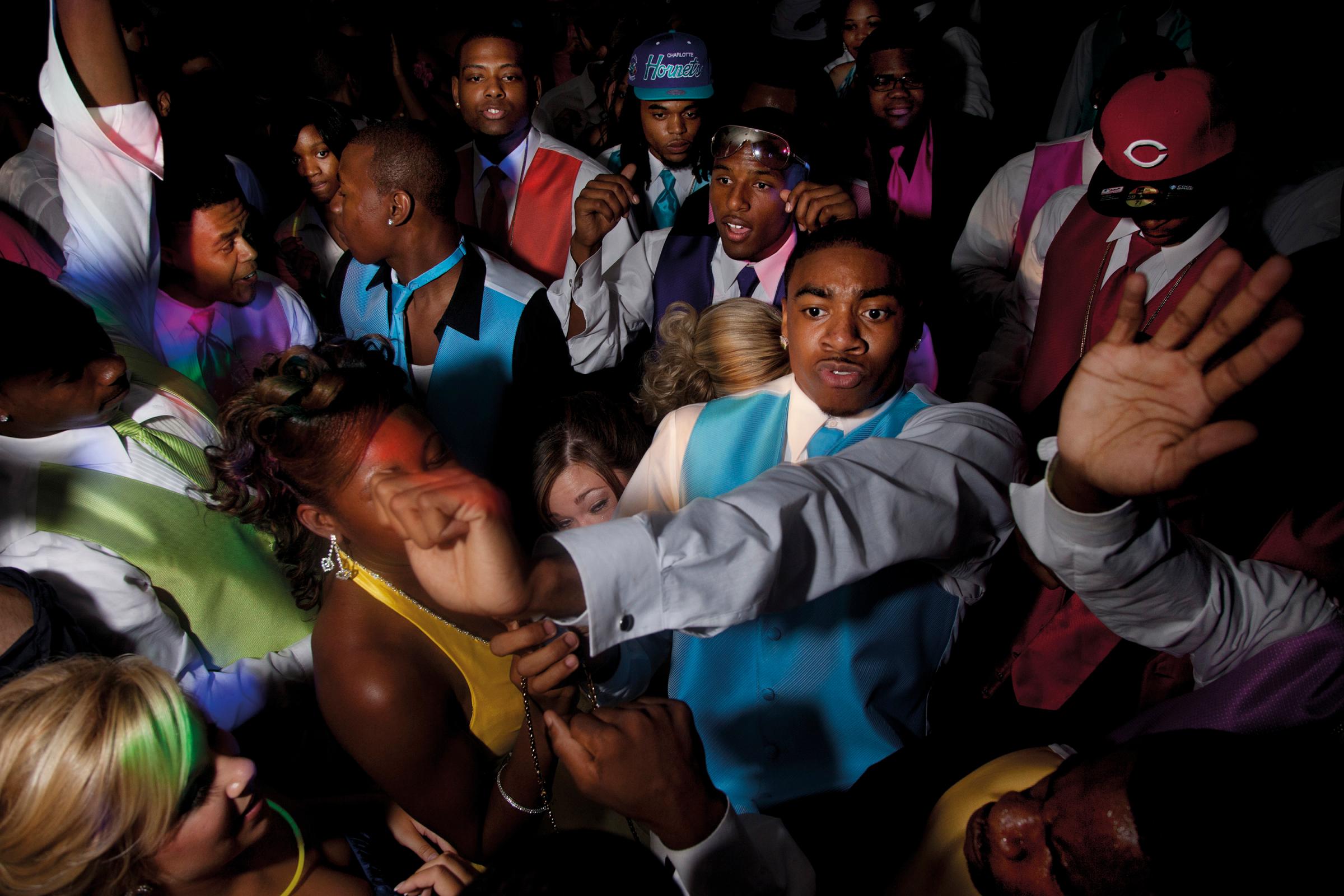
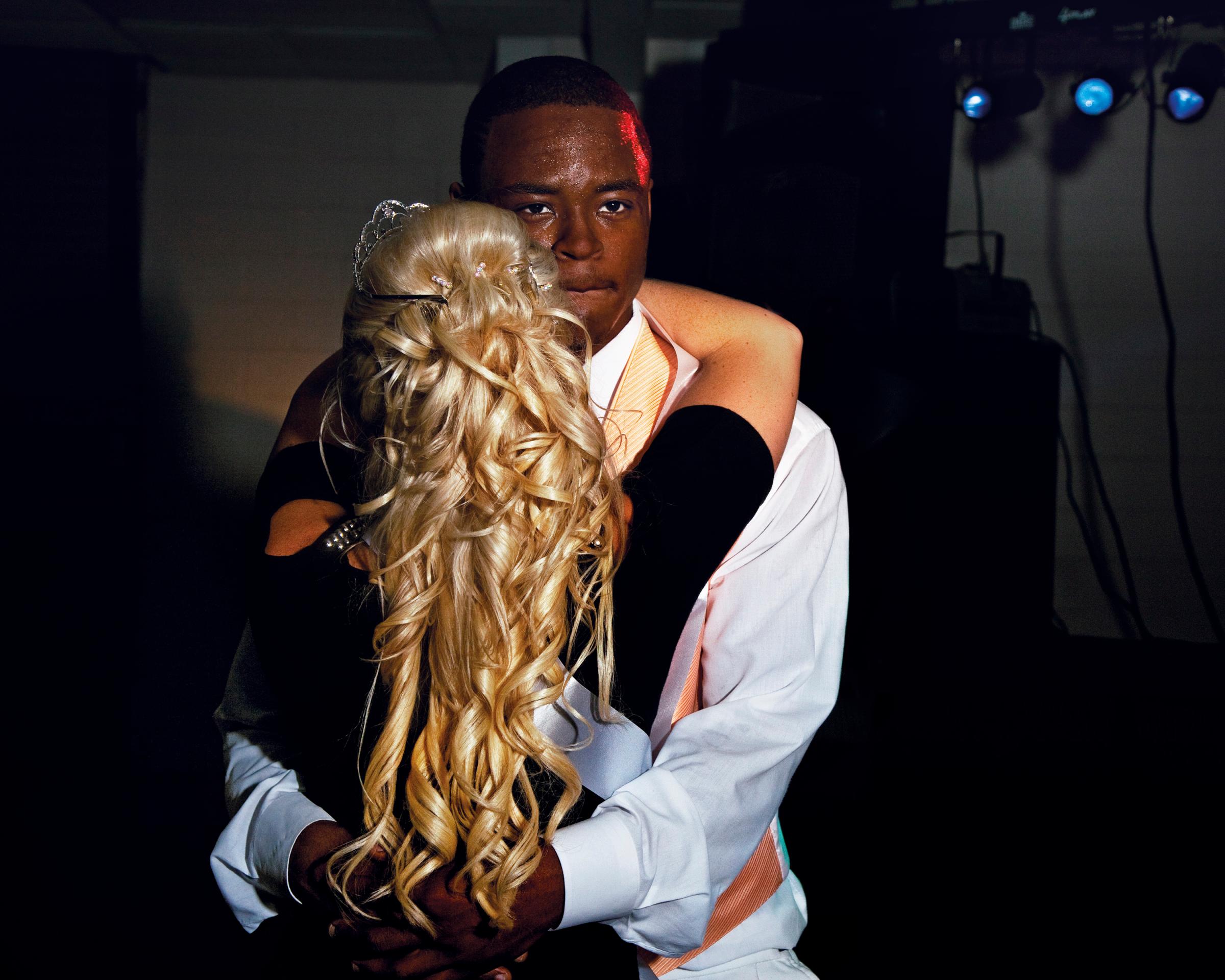
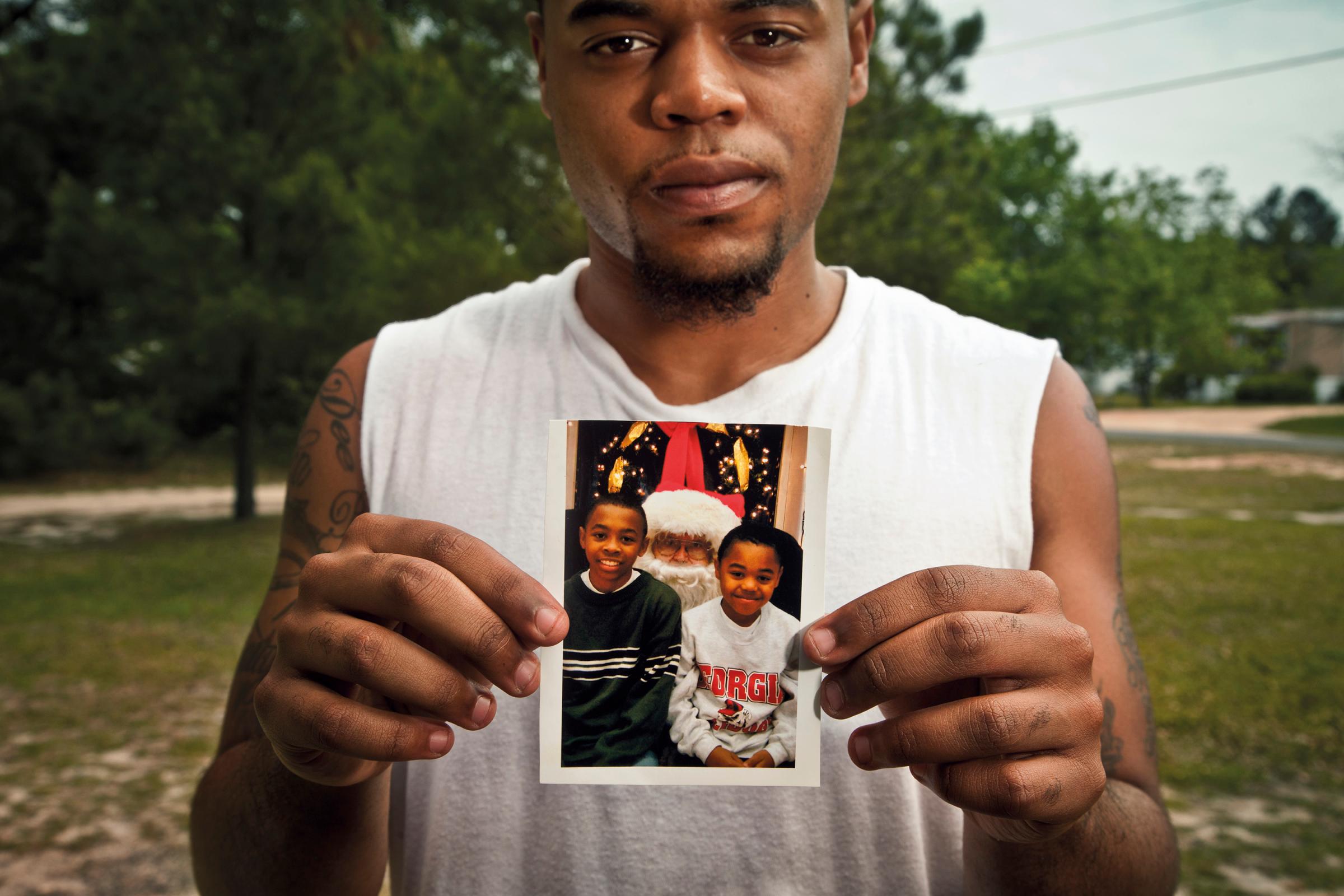
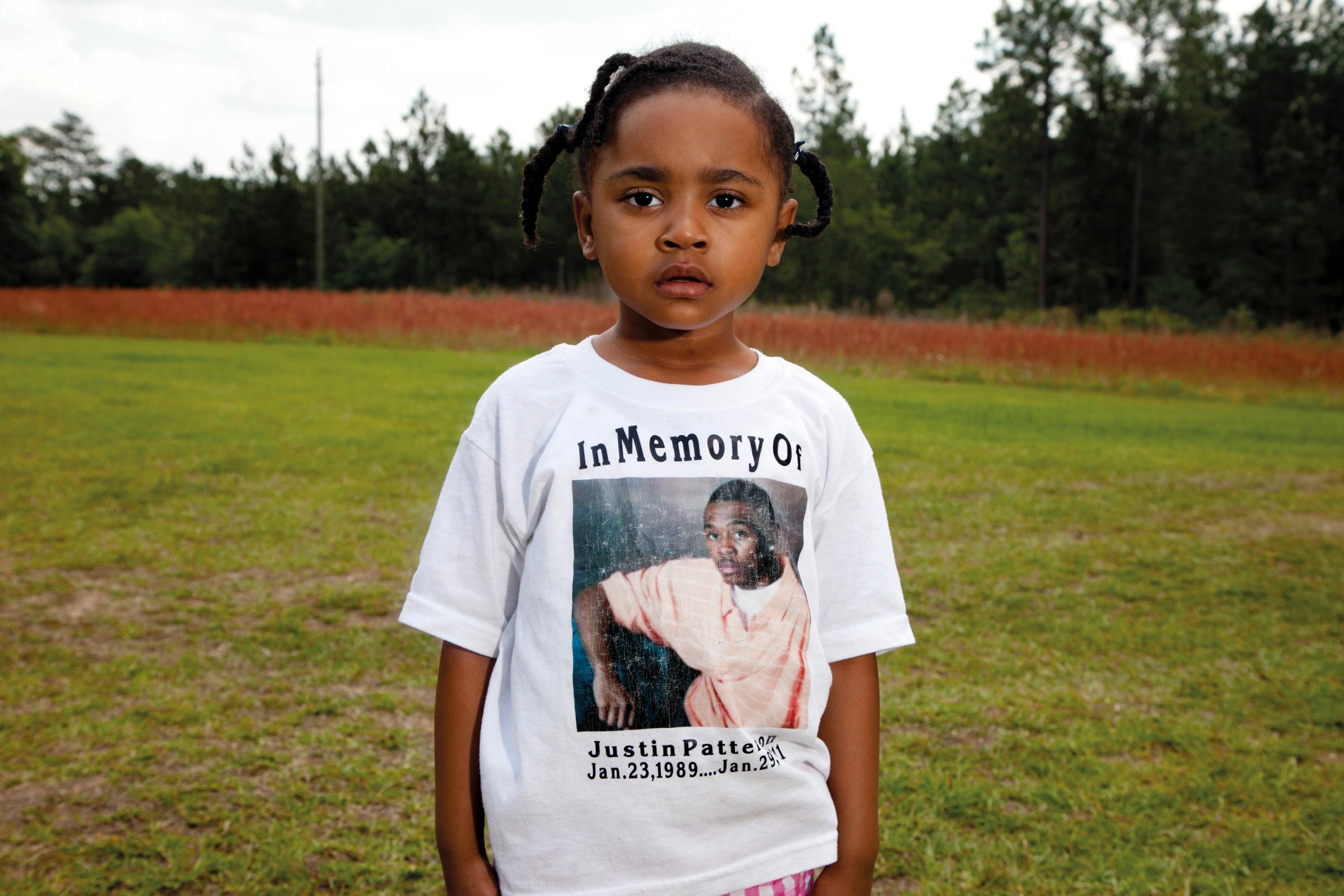
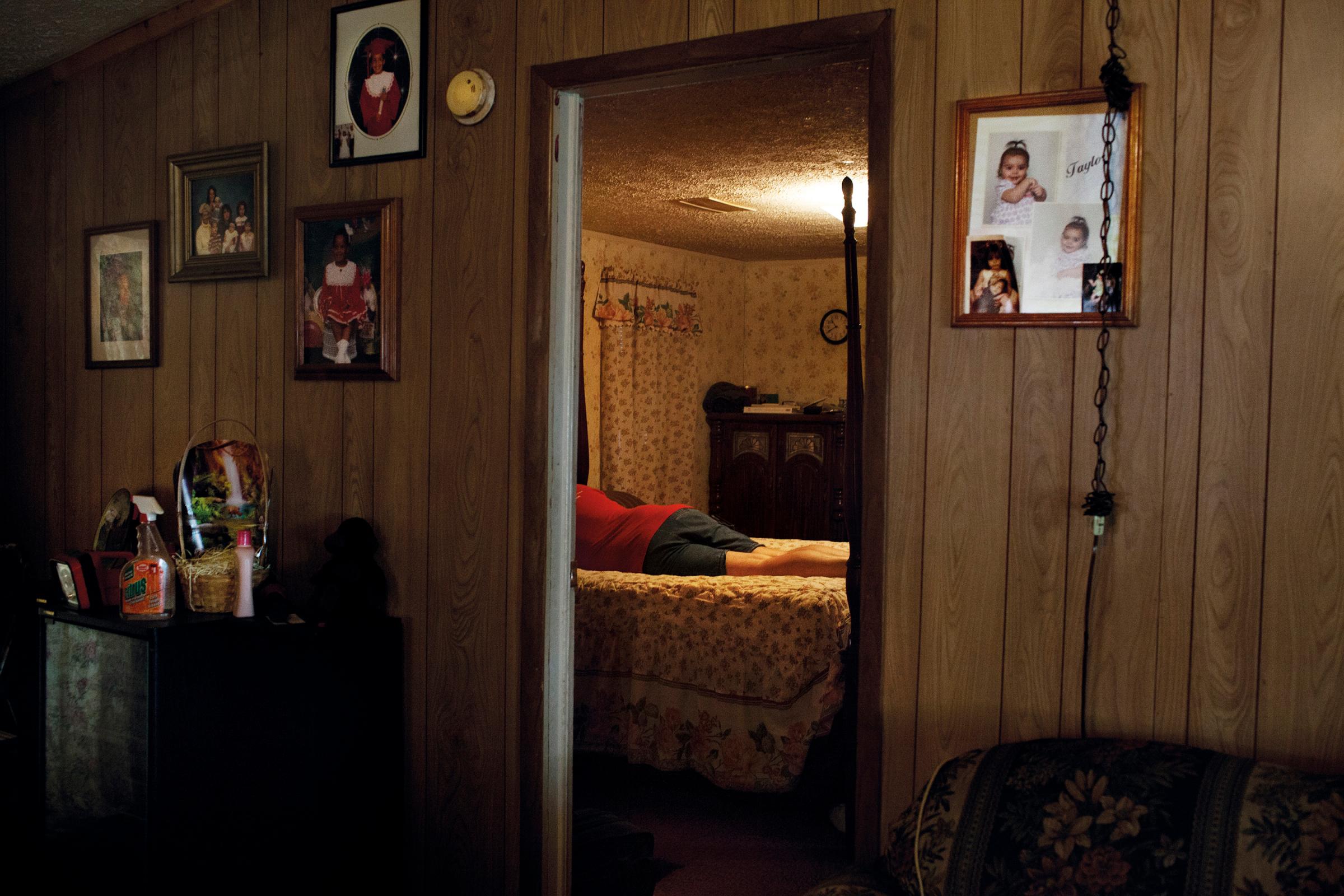
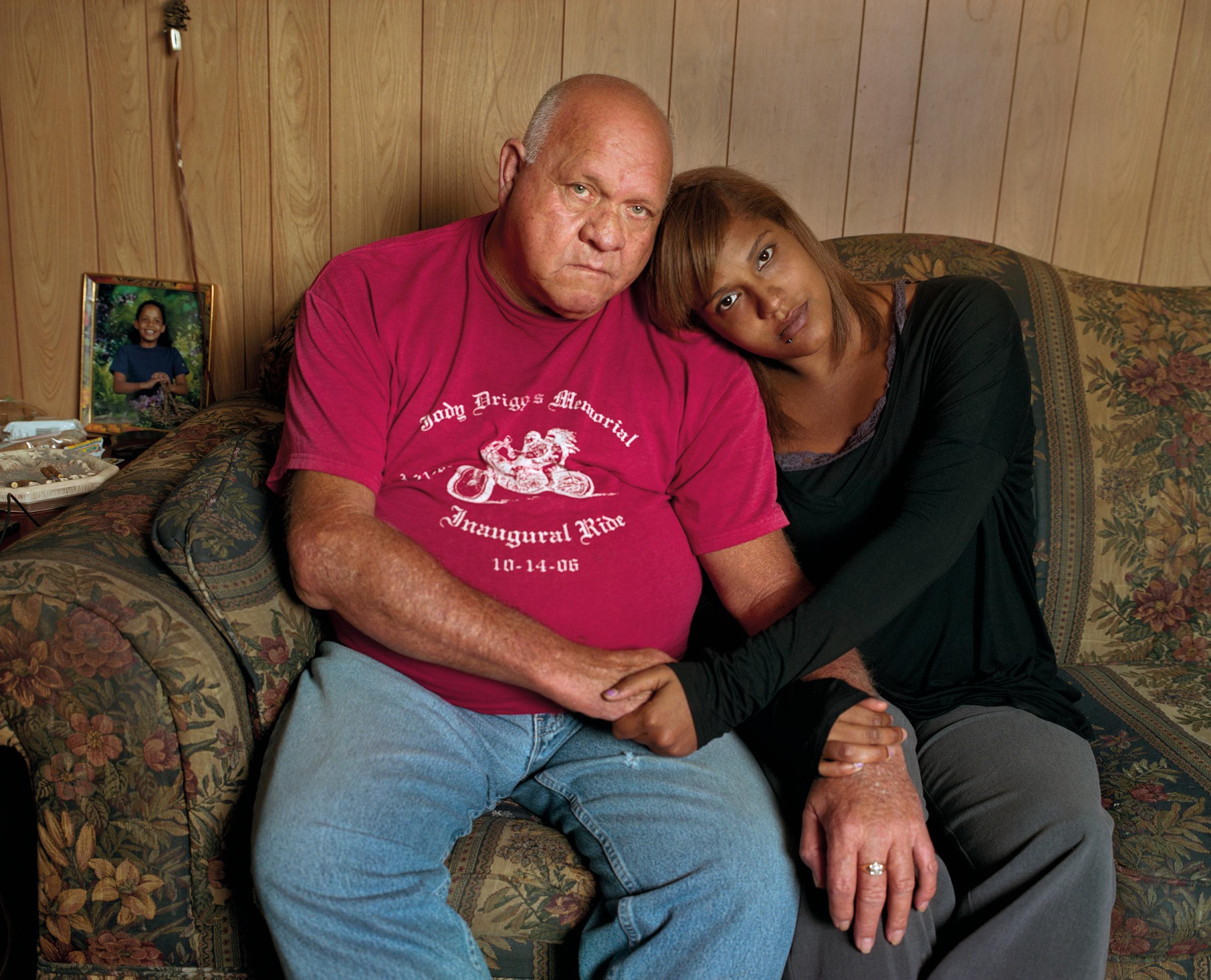
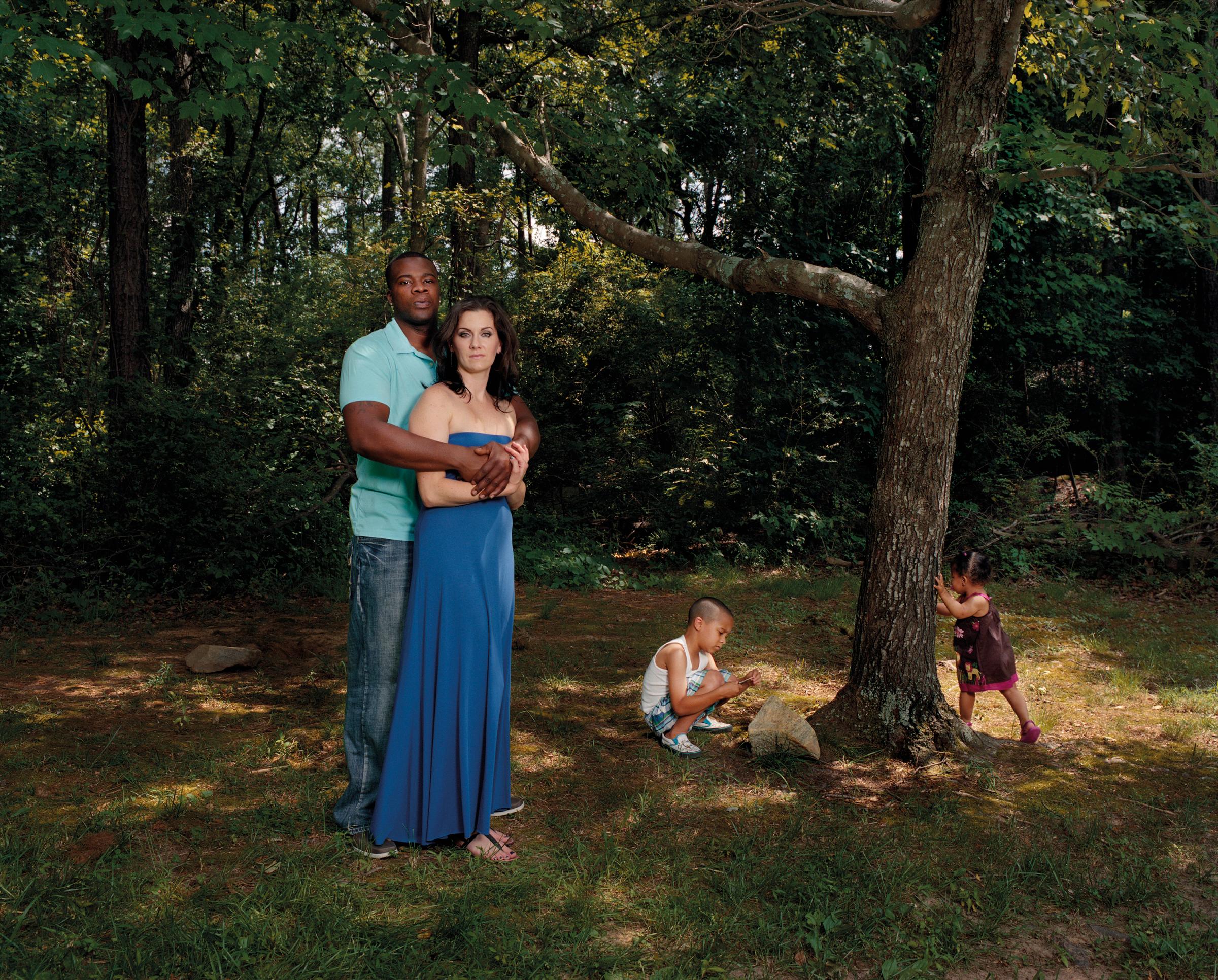
More Must-Reads from TIME
- Cybersecurity Experts Are Sounding the Alarm on DOGE
- Meet the 2025 Women of the Year
- The Harsh Truth About Disability Inclusion
- Why Do More Young Adults Have Cancer?
- Colman Domingo Leads With Radical Love
- How to Get Better at Doing Things Alone
- Michelle Zauner Stares Down the Darkness
Write to Eliza Berman at eliza.berman@time.com